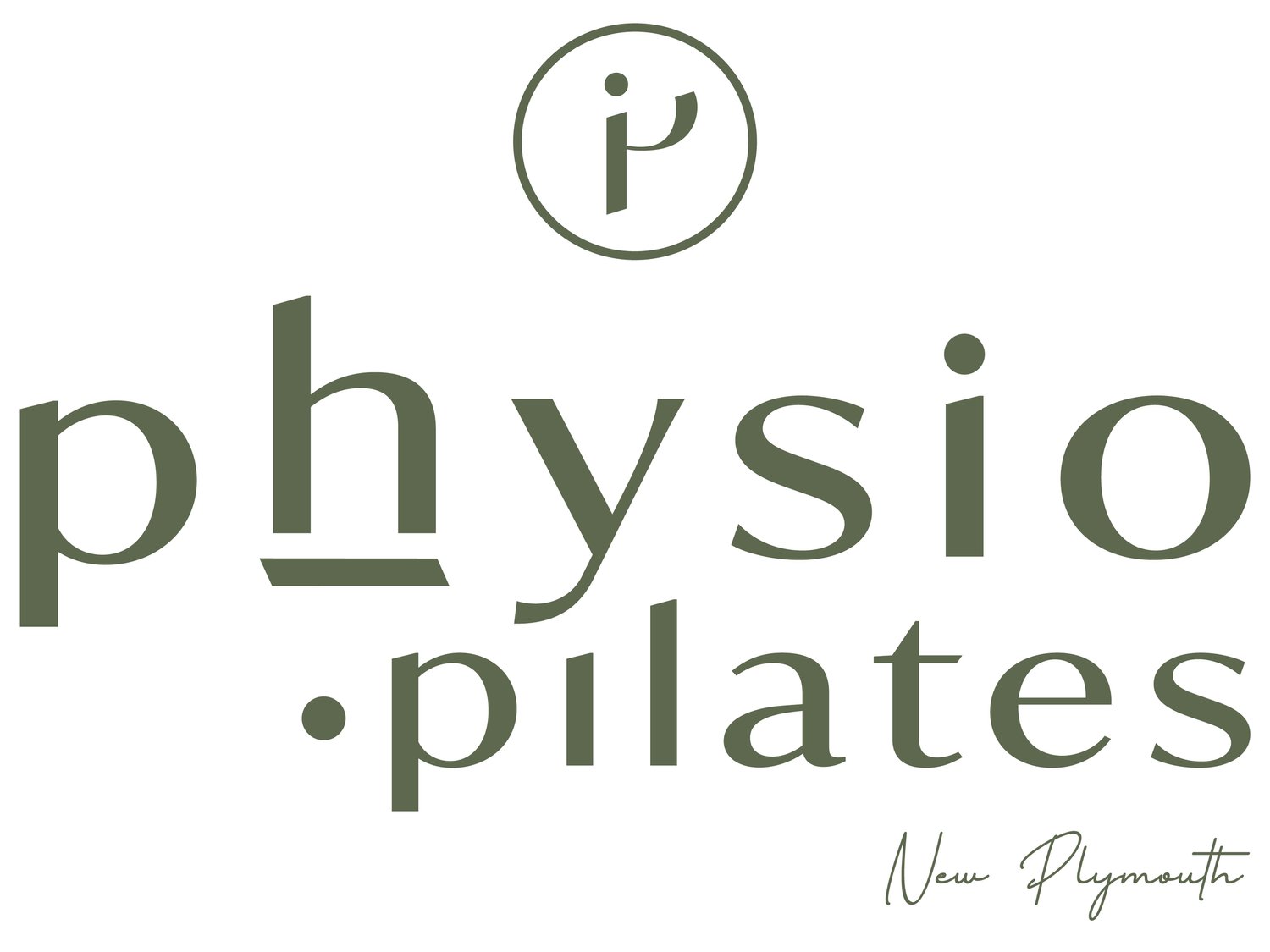Why Pelvic Health Matters to Us
One of the most important yet often overlooked aspects of women’s wellbeing is pelvic health. Whether you’re recovering from childbirth, navigating menopause, or simply aiming for better movement and strength, your pelvic floor plays a crucial role in a women’s daily life.
What is Pelvic Health?
Your Pelvis contains muscles, ligaments, and connective tissues that support the pelvic organs—including the bladder, bowel, and uterus. When these structures are functioning well, they contribute to core stability, bladder and bowel control, sexual function, and overall comfort. However, when they become weak, tight, or dysfunctional, issues such as incontinence, pelvic/back or hip pain, or prolapse can arise.
Why is Pelvic Health Important to Us?
Core Strength & Stability
The pelvic floor is a key part of the bottom of your core. Think of your core as a cylinder, with your pelvic floor at the floor that works alongside the deep abdominal muscles, diaphragm, and lower back. A functional pelvic floor helps with posture, movement efficiency, breathing, continence and is often overlooked in back, pelvis and hip pain that is not improving with conventional Physio.
Bladder & Bowel Control
Leaking when you laugh, sneeze, or exercise is common—but it’s not normal. A well-functioning pelvic floor supports bladder and bowel control, reducing incontinence and discomfort. If you are worried about control with these activities please know that there is help for this, don’t dispell this as normal.
Sexual Well-Being
Pelvic floor health plays a role in sexual function, affecting sensation, arousal, and comfort. Tension or weakness in these muscles can lead to discomfort or pain, which can often be improved with a more integrative approach to your pelvic health.
Pregnancy & Postpartum Recovery
During pregnancy, the pelvic floor supports the growing baby. After childbirth, these muscles need a targeted approach to recovery, whether from vaginal delivery or a C-section. Pelvic Health Physiotherapy can aid healing and help your post natal recovery. Specialised assessments to check your pelvic floor function can be used any time for any persisting problems like prolapse or incontinence.
Menopause & Aging
As estrogen levels, muscle mass & activity decrease with age, the pelvic floor can weaken, increasing the risk of prolapse or incontinence. Pelvic health is for life and the right approach will help you maintain healthy function well beyond menopause. Our Pilates Classes are pelvic-floor friendly, we try to incorporate our knowledge in these areas into our classes to help you stay on top of any problems you may be having. We also have a specific ‘Pelvic Health Reformer Class’ running Wednesdays at 11am if you need to commit to doing your pelvic floor exercises regularly.
Pelvic dysfunction can also impact confidence, mental well-being, and overall quality of life. The good news? Many issues can be improved with Physiotherapy, movement, and education.
Our Physio’s Natalia and Emily both specialise in women’s musculoskeletal and pelvic health issues. They have experience in providing Pelvic Health Physiotherapy, Pilates-based rehabilitation, and education to help build strength, regain control, and feel empowered in your body.
Our approach is holistic, we consider your body functioning together as a whole and that an issue in one area can have a flow on effect somewhere else. That’s why a clear understanding & assessment of this area, backed with Evidence-Based knowledge & experience can bring you proven techniques for pelvic floor recovery and strength. We create a supportive, safe space where you will feel heard and clear rehab to help you regain control and confidence.
Would you like to book a consultation or learn more? Get in touch today!
